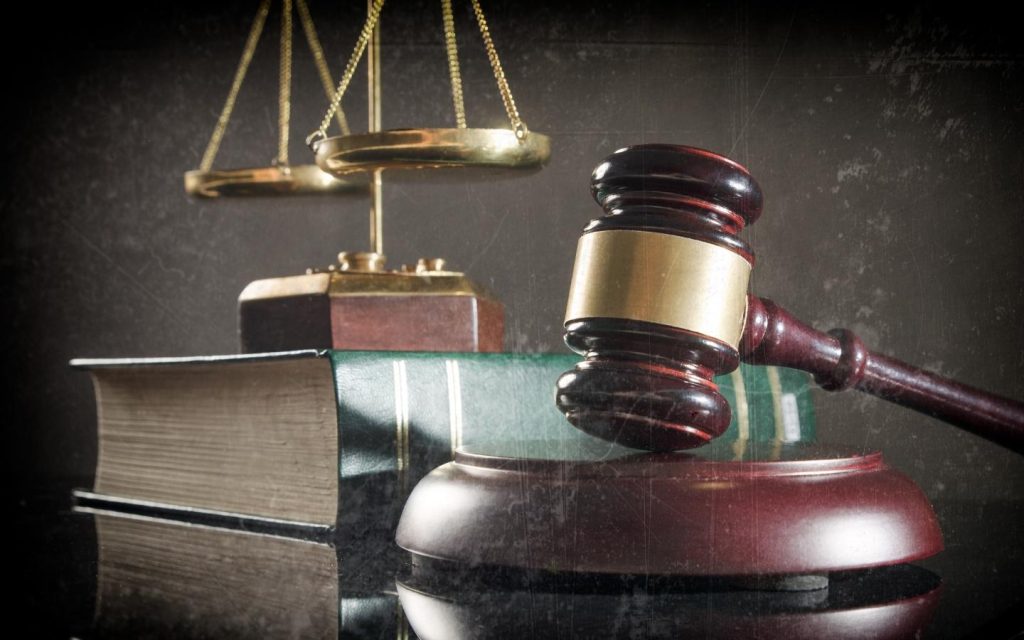Racial Bias in the Criminal Justice System
The criminal justice system is designed to ensure that those who commit crimes are held accountable for their actions. However, the system has been accused of being biased against certain racial groups. Racial bias refers to the differential treatment of individuals based on their race or ethnicity. This issue is a complex one and is influenced by a variety of factors.
Table of Contents
ToggleThe purpose of this paper is to examine the key factors that contribute to racial bias in the criminal justice system. The paper will start with an overview of the issue of racial bias, and then examine the factors that contribute to it. Finally, the paper will conclude with recommendations for reducing racial bias in the criminal justice system.
Overview of Racial Bias in the Criminal Justice System:
Racial bias in the criminal justice system is a systemic issue that affects individuals at every stage of the criminal justice process. From arrest to sentencing, individuals of color are more likely to be treated differently than their white counterparts. In some cases, this differential treatment can result in wrongful convictions, longer sentences, and a lack of access to rehabilitative services.
One of the primary reasons for racial bias in the criminal justice system is the overrepresentation of people of color in the criminal justice system. According to the Bureau of Justice Statistics, in 2018, black Americans accounted for 33% of the sentenced prison population, despite making up only 13% of the US population. Hispanic Americans accounted for 23% of the sentenced prison population, despite making up only 18% of the US population. These disparities are the result of a variety of factors, including poverty, lack of access to quality education, and systemic racism.
Factors Contributing to Racial Bias in the Criminal Justice System:
There are a variety of factors that contribute to racial bias in the criminal justice system. These factors include:
Police Practices: Police practices play a significant role in the criminal justice system. Racial profiling, or the practice of targeting individuals based on their race or ethnicity, is a common practice in many police departments. This practice can result in higher rates of arrest and incarceration for people of color, even when they have not committed a crime.
Prosecutorial Discretion: Prosecutors have a great deal of discretion in the criminal justice system. This means that they have the power to decide who to charge with a crime, what charges to file, and whether to pursue the death penalty. This discretion can result in differential treatment of individuals based on their race or ethnicity.
Jury Selection: Jury selection is another factor that contributes to racial bias in the criminal justice system. Research has shown that people of color are often excluded from juries, either through peremptory challenges or challenges for cause. This can result in juries that are not representative of the community and can lead to biased verdicts.
Sentencing Practices: Sentencing practices also play a role in racial bias in the criminal justice system. Research has shown that people of color are more likely to receive harsher sentences than their white counterparts, even when controlling for other factors such as the severity of the crime and prior criminal history.
Lack of Resources: Finally, a lack of resources can contribute to racial bias in the criminal justice system. People of color are more likely to be poor, and as a result, they may not have access to the same quality of legal representation as their white counterparts. This can result in unfair treatment in the criminal justice system.
Table: Racial Disparities in the Criminal Justice System
| Factor | Disparities |
|---|---|
| Jury Selection | Americans often excluded from |
| juries | |
| Prosecutorial Discretion | Prosecutors more likely to |
| charge people of color with | |
| more serious crimes and seek | |
| harsher sentences | |
| Sentencing Practices | People of color receive |
| harsher sentences than white | |
| Americans | |
| Lack of Resources | People of color often lack |
| access to quality legal | |
| representation |
Recommendations for Reducing Racial Bias in the Criminal Justice System:
Reducing racial bias in the criminal justice system is a complex issue that requires a multifaceted approach. However, there are several steps that can be taken to address the issue:
Police Reform: Police departments should implement policies that prohibit racial profiling and other discriminatory practices. Officers should also be trained to recognize and eliminate implicit biases.
Prosecutorial Accountability: Prosecutors should be held accountable for their actions and decisions. This includes establishing clear guidelines for charging and sentencing, and providing training on how to recognize and eliminate implicit biases.
Jury Selection Reform: Jury selection should be reformed to ensure that juries are representative of the community. This can be accomplished through measures such as expanding the jury pool and eliminating peremptory challenges.
Sentencing Reform: Sentencing policies should be reformed to eliminate disparities based on race or ethnicity. This can be accomplished through measures such as mandatory minimums, eliminating the death penalty, and providing judges with more discretion in sentencing.
Access to Legal Representation: People of color should have access to quality legal representation, regardless of their income or social status. This can be accomplished through measures such as expanding access to public defenders and increasing funding for legal aid organizations.
Conclusion:
Racial bias in the criminal justice system is a complex issue that affects individuals at every stage of the criminal justice process. The overrepresentation of people of color in the criminal justice system is a primary factor contributing to this issue. Police practices, prosecutorial discretion, jury selection, sentencing practices, and lack of resources are all factors that contribute to racial bias in the criminal justice system.
Reducing racial bias in the criminal justice system requires a multifaceted approach that includes police reform, prosecutorial accountability, jury selection reform, sentencing reform, and increasing access to legal representation. By addressing these key factors, it is possible to create a criminal justice system that is fair and just for all individuals, regardless of their race or ethnicity.
It is important for policymakers, law enforcement agencies, and communities to recognize the impact of racial bias in the criminal justice system and take proactive steps to address it. By working together, it is possible to create a criminal justice system that is not only fair and just but also helps to promote public safety and community well-being.




